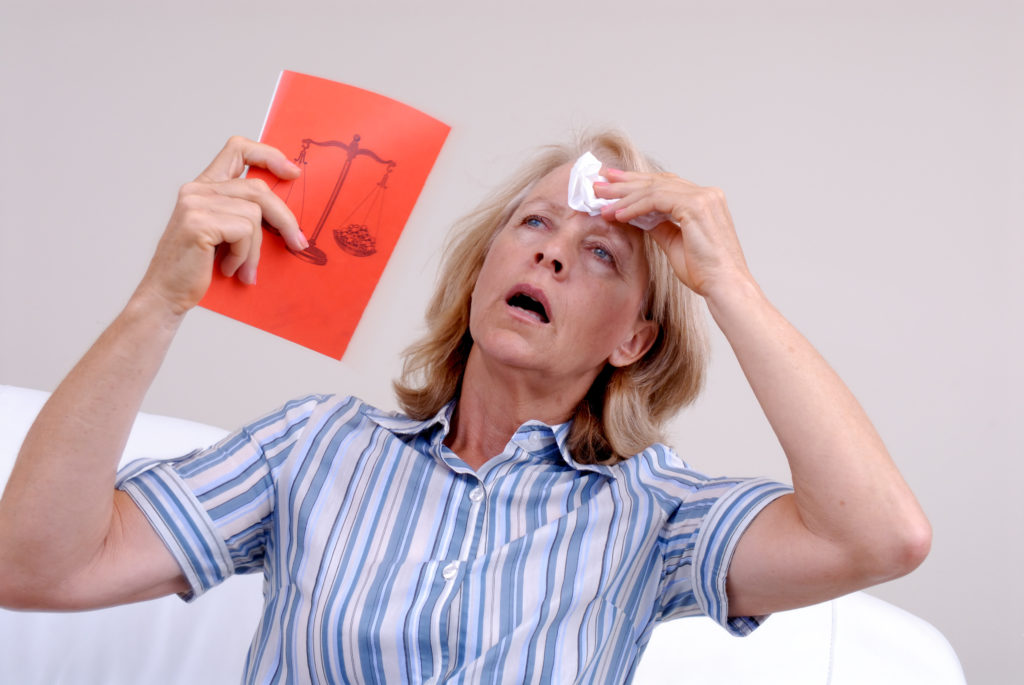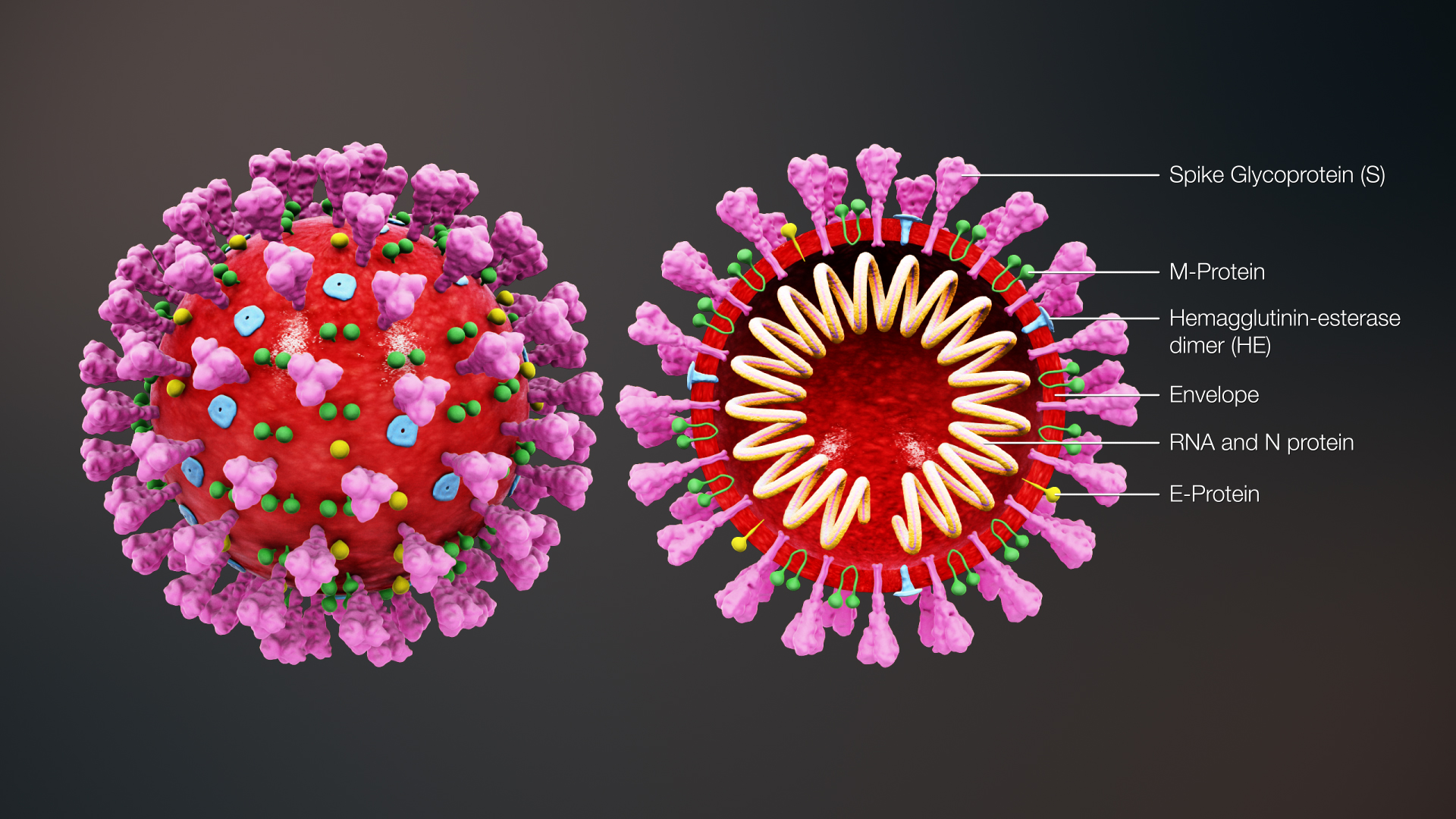Women experiencing menopause symptoms in Rochester are not alone. Most women going through menopause experience hot flashes. A hot flash occurs when a woman suddenly becomes flushed with heat, and is sometimes accompanied by redness and sweating. Sometimes hot flashes occur during sleep in the form of night sweats. Until menopause begins, there is no way to tell how long hot flashes will last or how often they will occur. It is different for each woman. For women with long-lasting hot flashes, they usually become less intense in time, but they can still take a physical and emotional toll.
There are certain factors that can affect a woman’s susceptibility to hot flashes. For instance, women with more exposure to stress, cigarette smoke, and alcohol are more likely to experience hot flashes than those who are not. Consuming caffeinated beverages and spicy foods can also trigger the flashes. Women can try to prevent hot flashes by wearing cool clothing that breathes instead of restricts. If a woman is especially susceptible to night sweats, maintaining a cool bedroom is vital. Staying fit with exercise is also beneficial.
There are also steps that a doctor can help with. Hormone replacement therapy (HRT) is one method that can prevent hot flashes in addition to other menopause symptoms. Your physician may also recommend taking supplements like Vitamin B complex or Vitamin E. Increasingly, women in Rochester are finding that Bio-identical Hormone Replacement Therapy (BHRT) not only addresses the symptoms of menopause, but also avoids some of the negative side effects of synthetic hormones generally prescribed by traditional physicians. There are a variety of treatment options that can help women find relief from hot flashes and any other symptom of menopause.







